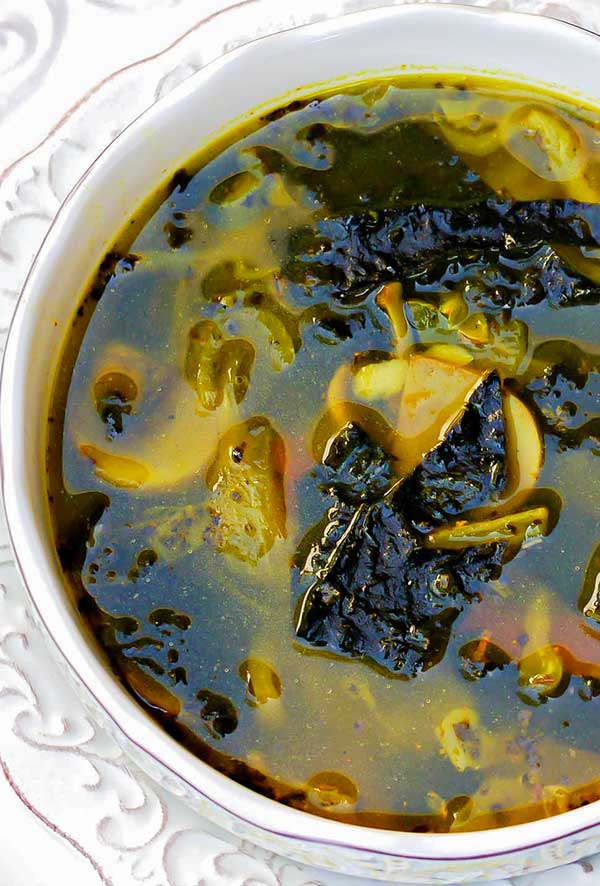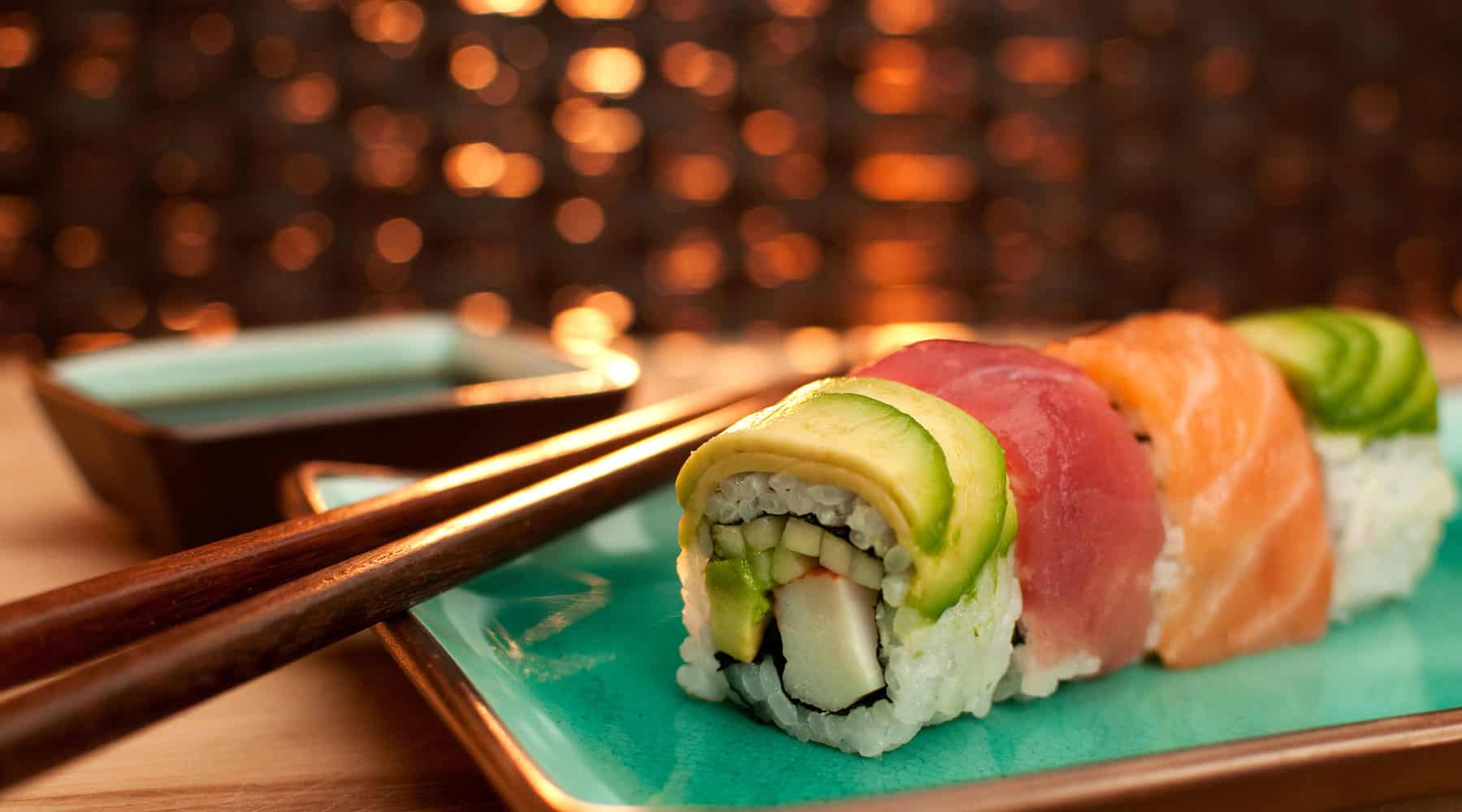Nori
海苔
Nori is a dried edible seaweed used in Japanese cuisine, usually made from species of the red algae genus Pyropia, including P. yezoensis and P. tenera. It has a strong and distinctive flavor, and is generally made into flat sheets and used to wrap rolls of sushi or onigiri (rice balls). The finished dried sheets are made by a shredding and rack-drying process that resembles papermaking. They are sold in packs in grocery stores for culinary purposes. Since nori sheets easily absorb water from the air and degrade, a desiccant is needed when storing nori for any significant time. Nori—despite not being cultivated by humans until the 1600s—has been popular since the pre-modern era in Japan, having been used as currency, offerings at shrines, and food since the 700s.
Source: Wikipedia
:max_bytes(150000):strip_icc()/norisheets-ft-0818-d0378fe052f3477cb787af432f09aec3.jpg)

:max_bytes(150000):strip_icc()/7774074-961cb4306e0b42b38b88cf326223bb56.jpg)





/images.kitchenstories.io/recipeImages/RP08_26_01_EasyNoriSandwich_TitlePicture.jpg)



